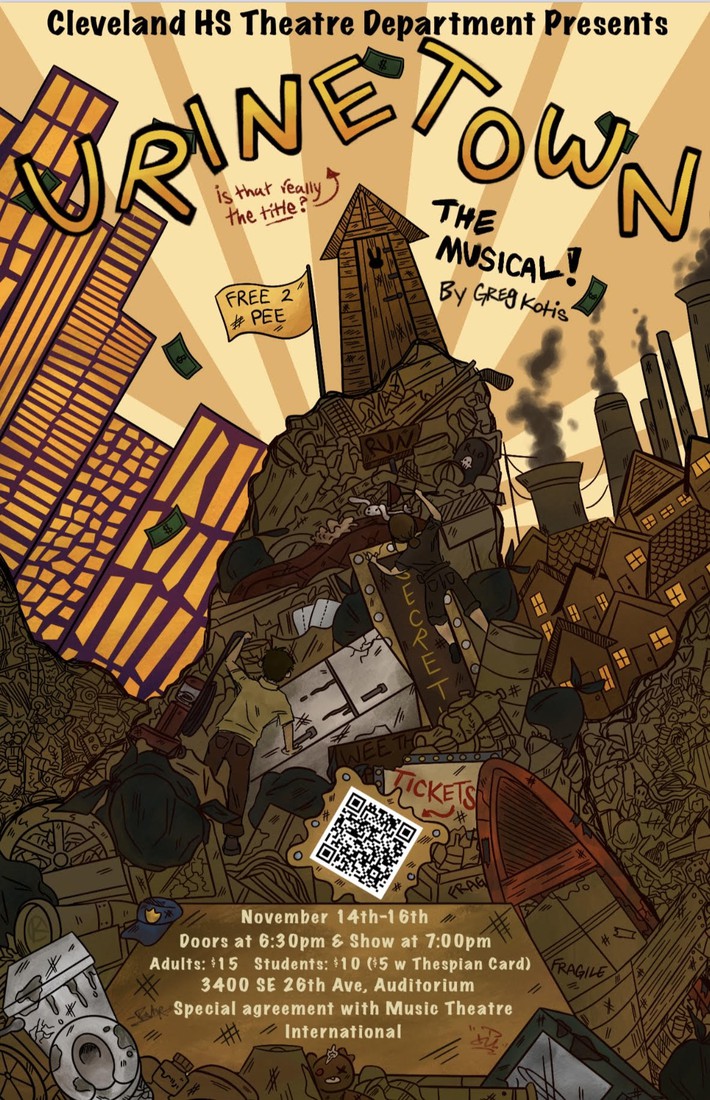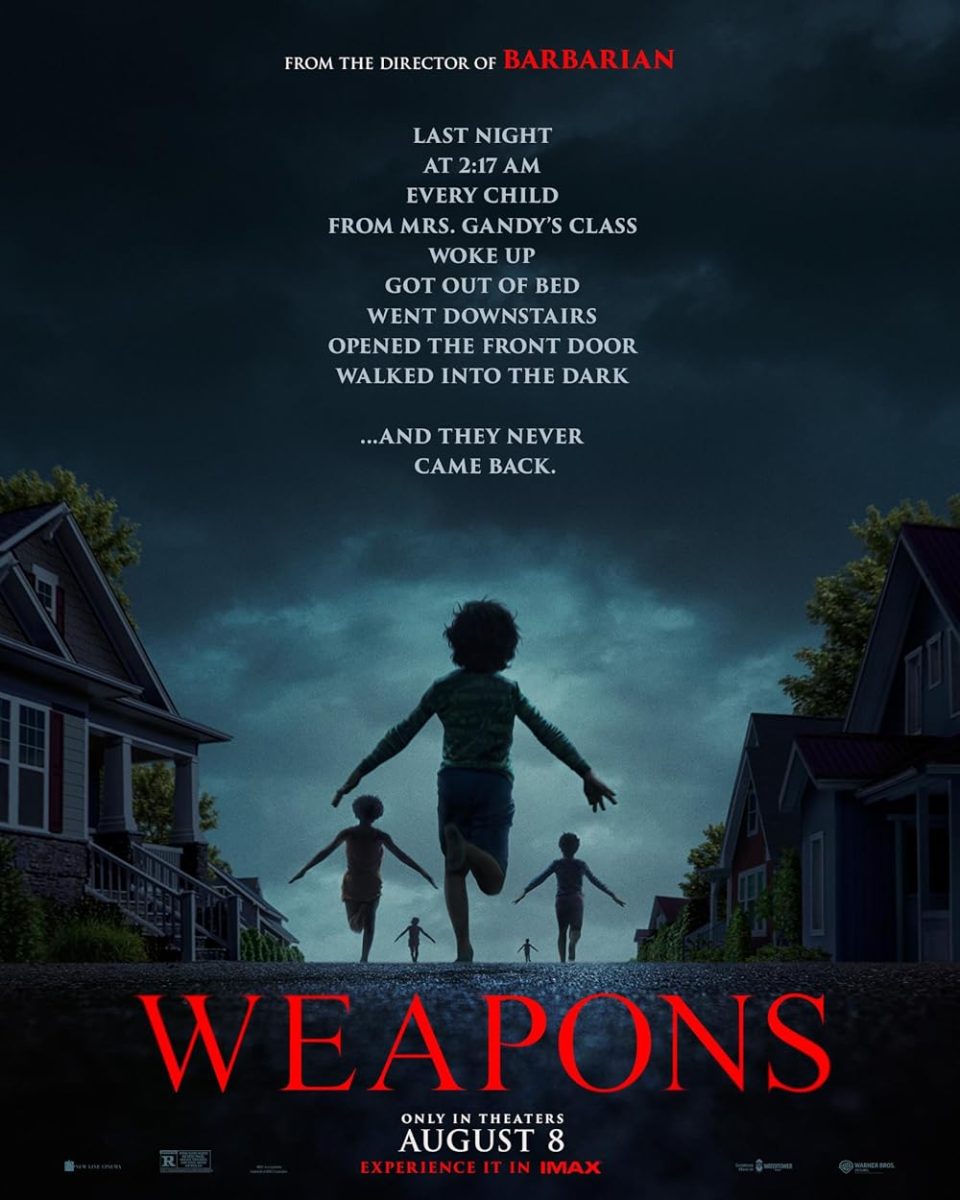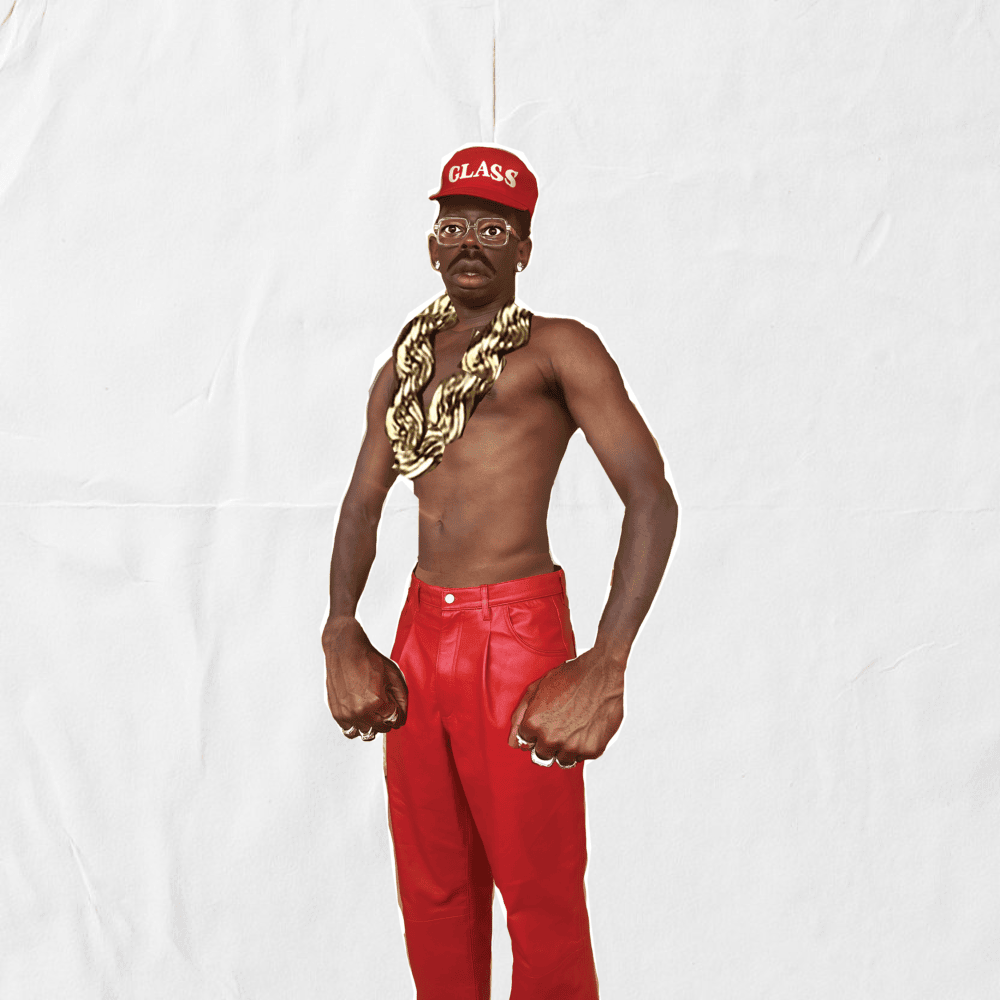The dystopian comedy “Urinetown” takes place after a 20 year drought in a fictional town. It follows many characters, illustrating life in a world where one must pay for the “privilege” to pee.
Caldwell B. Cladwell, a big CEO, comes into town and exploits all the droughts and water shortages. He regulates the already very small water supply and makes the citizens pay to go to the bathroom. Cladwell has the fee constantly increasing, resulting in the poor not being able to pay for their basic needs.
“It takes a lot of, I guess, hints from…[the] structure of government and corruption,” Xitlali Ramirez, senior and choreographer, described. “Although it’s meant to be super exaggerated and super funny…it gets dark at times” as it makes the audience members think about the world as it is now.
As people are caught not paying or not going regularly, the police take them away and they’re brought to a place called Urinetown. This mysterious place keeps the citizens in check as they dread the consequences of leaving and never returning.
The show captures a perfect blend of honesty and wittiness. It’s a satirical show with a big heart and an exaggerated take on classism, social irresponsibility, and capitalism.
As the schools’ biennial musical, the cast and crew have been working tirelessly to put on their rendition of “Urinetown.” Seeing the play as an audience member is one take on it, but what does it look like behind the scenes? How do those working directly in the space understand the play?
Director Michael Payne picks the musical every two years. In response to the inspiration behind picking the play, he said, “I love that it was first produced in a small theater space. I always want students to work with quality pieces of literature and ‘Urinetown’ is that type of show.”
The show opens Thursday Nov. 14, and runs through Saturday, Nov. 16. The show starts at 7 p.m. each night, with an additional matinee at 2 p.m. on Saturday. And the cast members are ready. They finished blocking it in late October and are ready to fine tune the acts.
“We still have a lot of work to do, but we finally finished the hardest part, which is just getting through each piece and making sure everyone knows where they’re supposed to be and what they’re doing,” Nadia Leclerc, who plays Hope Cladwell, Caldwell Cladwell’s daughter , said.
Now, it’s practice, practice, practice in order for everyone to be ready for opening night.
“The audience can expect to see a stage full of talented young performers telling a contemporary tale of love, greed and human connections,” Payne said.
The cast works tirelessly every day after school for up to two hours, which is intense for everyone on and off stage.
It’s both mentally and physically taxing for everyone. “Every person is just so important and so vital to this story just because, like, it is such an ensemble-based musical,” Leclerc said.
The crew has seen the ups and downs of the production. They’ve seen parts they cut, dances they’ve changed, songs they’ve practiced for hours, lines repeated over and over. There’s got to be a distinction between being in the audience and seeing the inner workings of the play.
“I am so impressed with how committed everyone is to this show, and I wouldn’t be able to see how complicated this production is if I were just watching from the audience,” Olive Keeley, part of the ensemble, said.
“There’s that lack of appreciation [from the audience]…So like, if I was an audience member, there’s probably like, a song that I’m seeing just one way when, like a month ago, it could have looked a little different. But it also just raises that appreciation for how much they’re doing to get it right,” Ramirez explained.
Allison Cottrell, the music director, spends so much time with the cast as the music brings the play together. She said, “The time you spend with it allows you to know all the little jokes, the small details everyone worked so hard on, background stories and more.”
One of the biggest rewards for every cast member is when the play or a specific part gets to a point where it jumps out. They learn and run specific parts of the musical and there’s a single run through that makes it, as Ramirez described, “materialize on stage.”
That’s not to say there aren’t any bumps in the road along the way.
“You have to have patience with yourself and a lot of forgiveness for when you maybe forgot something … And like other castmates but also with your directors and understanding that, like, they’re also very stressed,” Leclerc said.
Patience with yourself, castmates, and directors is crucial to putting on a successful production. Remembering everyone is in this together with the best intentions can be tough but not impossible.
Technique is also very important and challenging. Things such as timing and memorization are needed to put on a production but can be a hump to overcome and work through.
That being said, if there weren’t any challenges along the way, the process wouldn’t be as genuine and the final product wouldn’t be as rewarding.
“I’m really excited to see my castmates put on a show, really leave everything out on the stage, because I know it’ll be magical,” Keeley said. Finally getting to show it to the audience is a truly exceptional experience – especially after putting in all the work – that only some get to know.
Imagine a stage full of characters who draw out laughs, harsh realities, and an exaggerated world. “Urinetown” and the lovely dedicated cast are accomplishing that. Sit and admire the hours and hours of hard work put into this play.
Doors open at 6:30 p.m. and the show starts at 7 p.m. in the auditorium each night. Tickets are $15 for adults and $10 for students, or $5 with a Thespian Card. There is an additional matinee on Saturday at 2 p.m.










Cosette • Nov 13, 2024 at 7:40 AM
What a great article highlighting the anticipated school musical. It makes me absolutely giddy and excited to come see the play this weekend. Great professional writing and reporting!
James Posko, Sr • Nov 12, 2024 at 3:28 PM
This piece and the accomplishment of the play are examples of the creativity, dedication and vast opportunities a good education system provides to our young people today. It is not only the material contained in books, but the arts (and, yes, sports) that form the leaders and entrepreneurs and politicians of tomorrow that will have the vision and drive to create a better world.